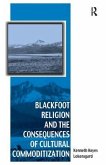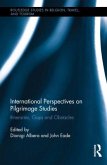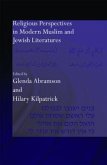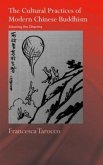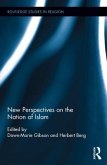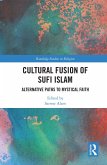In this book, Massimo Rondolino shows how in the social and religious contexts of both 1200s Italy and 1400s Tibet, narratives of the lives, deeds and teachings of two individuals recognized as spiritual champions, were seen as the most effective means to promote spiritual, doctrinal and political agendas. To this end, the study focuses on the production of Bonaventure's and Tsangnyön's 'standard' versions in light of the earlier and contemporary hagiographic traditions against which the authors cast their new readings of St. Francis and Milarepa.
Bitte wählen Sie Ihr Anliegen aus.
Rechnungen
Retourenschein anfordern
Bestellstatus
Storno



